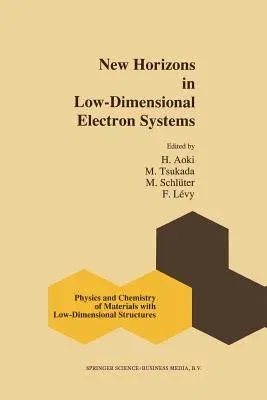In Bird of Passage by Rudolf Peierls, we find a paragraph in which he
de- scribes his Cambridge days in the 1930s: On these [relativistic
field theory] problems my main contacts were Dirac, and the younger
theoreticians. These included in particular Nevill (now Sir Nevill)
Mott, perhaps the friendliest among many kind and friendly people we met
then. Professor Kamimura became associated with Sir Rudolf Peierls in
the 1950s, when he translated, with his colleagues, Peierls's 1955
textbook, Quantum Theory of Solids, into Japanese. This edition, to
which Sir Rudolf himself contributed a preface, benefitted early
generations of Japanese solid state physicists. Later in 1974/5, during
a sabbatical year spent at the Cavendish Laboratory, Professor Kamimura
met and began a long association with Sir Nevill Mott. In particular,
they developed ideas for disordered systems. One of the outcomes is a
paper coauthored by them on ESR-induced variable- range hopping in doped
semiconductors. A series of works on disordered systems, together with
those on two-dimensional systems, have served as building blocks for
Physics of Interacting Electrons in Disordered Systems, in the
International Series of Monographs on Physics, coauthored by Aoki and
published in 1989 by the Oxford University Press. Soon after Professor
Kamimura obtained a D. Sc. in 1959 for the work on the ligand field
theory under the supervision ofMasao Kotani, his strong con- nections in
the international physical community began when he worked at the Bell
Telephone Laboratories in 1961/64.


